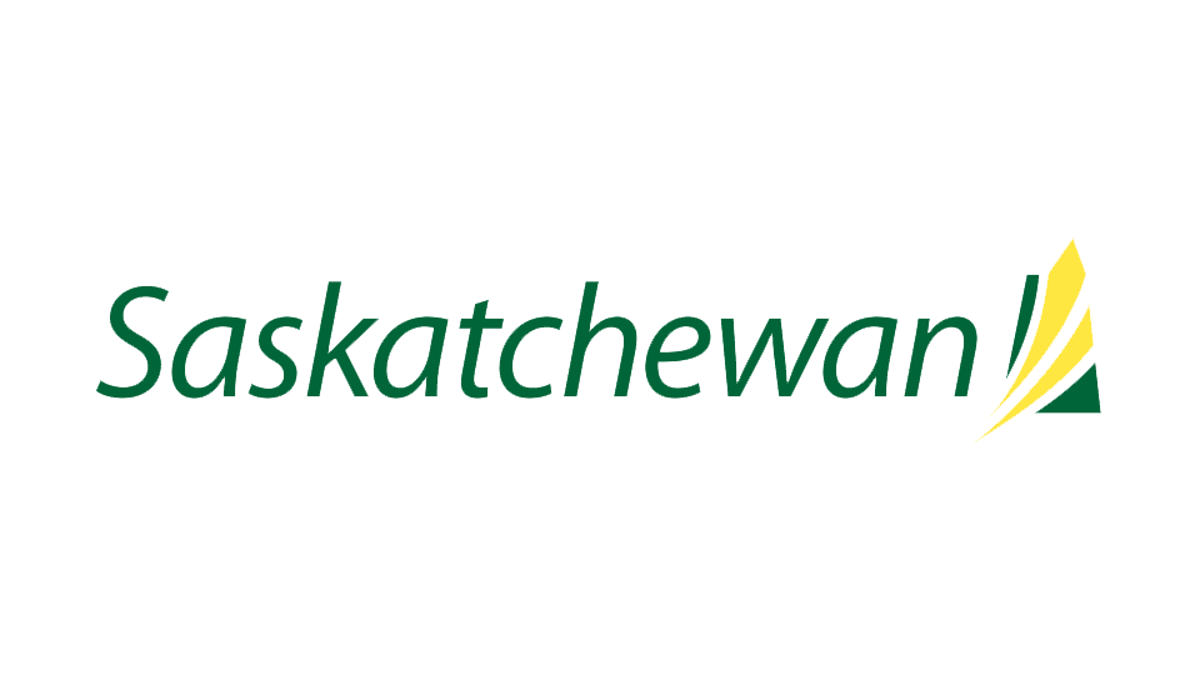
Reducing Red Tape For Oil Service Rigs
Sep 15, 2022

The governments of Saskatchewan and Alberta, along with industry stakeholders, have secured a regulation exemption from Ottawa that will allow oil service rigs to move freely between the two provinces.
On June 5, 2019, the premiers of Saskatchewan and Alberta signed a Memorandum of Understanding to help remove provincial barriers to the movement of service rigs.
Since then, they have been urging the federal government to exempt service rigs from regulations under the Motor Vehicle Transport Act that prevent vehicles and equipment from moving efficiently between job sites in the two provinces.
“This is long overdue,” Premier Scott Moe said. “Western Canadian Energy is not only among the most sustainable in the world, but also among the safest. We should be removing redundant red tape and barriers that impede opportunity for growth.”
"Today, common sense has prevailed," Canadian Association of Energy Contractors President and CEO Mark A. Scholz said. "We are delighted to see this much anticipated regulatory reform pass the finish line. It means that our workers can focus on what matters most, developing the world's most responsible energy, while at the same time meeting the highest standards in road safety."
Under the new Motor Vehicle Transport Act exemption, service rig convoys will not be required to complete daily logs or have a certified electronic logging device.
Service rigs will continue to have robust safety checks in place, such as the need to have valid permits, regular inspections and to comply with all Occupational Health and Safety requirements.
Quick facts
Service rigs are large, heavy vehicles with mounted derricks that are used to service and maintain oil wells.
The two provinces brought forward a joint application to Transport Canada for a class exemption for interprovincial service rig carriers from provisions of the federal Motor Vehicle Transport Act in order to recognize the harmonized approach between Alberta and Saskatchewan.
The exemption will apply in the provinces of Saskatchewan, Alberta, Manitoba and British Columbia.
Join us in creating a welcoming & successful environment.
Diversity, Equity, and Inclusion
We are now offering a self-paced program helping to foster an inclusive workplace, boost team morale, and improve company performance by embracing diverse perspectives and promoting equity.



